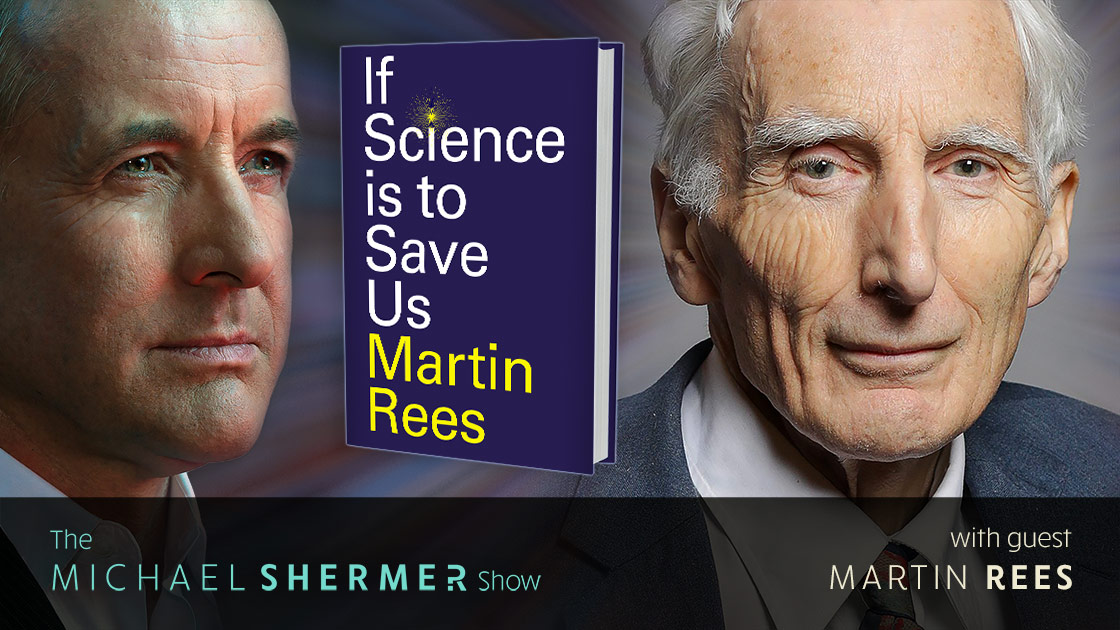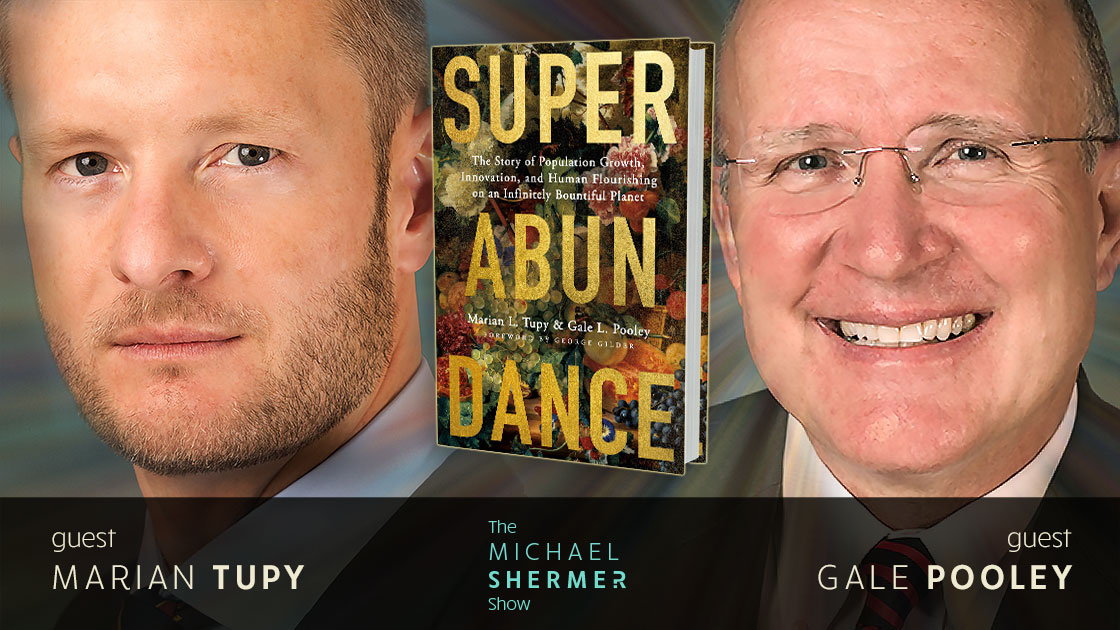overpopulation

Shermer and Rees discuss: existential threats • overpopulation • biodiversity loss • climate change • AI and self-driving cars, robots, and unemployment • his bet with Steven Pinker • his disagreement with Richard Dawkins • how science works as a communal activity • scientific creativity • science communication • science education • why there aren’t more women and people of color in STEM fields • verification vs. falsification • Bayesian reasoning and scientific progress • Model Dependent Realism and the…

Shermer, Tupy, and Pooley discuss: why we long for the “good ol’ days” • the Malthusian trap • Ehrlich’s predictions on overpopulation • the birth dearth • the Simon Abundance Index • compound interest • What does it mean for the economy to grow 2–3% a year? • accumulating wealth • what poorer countries need to do to become richer countries • running out of fossil fuels • Obama’s “you didn’t build that” speech • inflation • electric vehicles •…
How many people can our planet hold? Can we expect calamities to result from overpopulation and resource depletion when our planet reaches ten billion people? In this week’s eSkeptic, Michael Shermer reviews two books: Ten Billion by Stephen Emmott (Vintage Books, 2013), and Countdown: Our Last, Best Hope for a Future on Earth? by Alan Weisman (Little Brown, 2013). This review appeared in the Wall Street Journal on October 4, 2013.
In a stunning visual presentation, UCLA Professor of Geography and Earth and Space Sciences, Dr. Laurence Smith, forecasts what our planet will be like in the year 2050, distilling his 15 months of research traveling the Arctic Rim with cutting-edge research into four global forces: demographic trends, natural resource demand, climate change, and globalization.
In this week’s eSkeptic, Frank Miele interviews ecologist and social activist Garrett Hardin about his views on the economy, abortion, overpopulation and assisted suicide. This article appeared in Skeptic magazine volume 4, number 2 in 1996.










